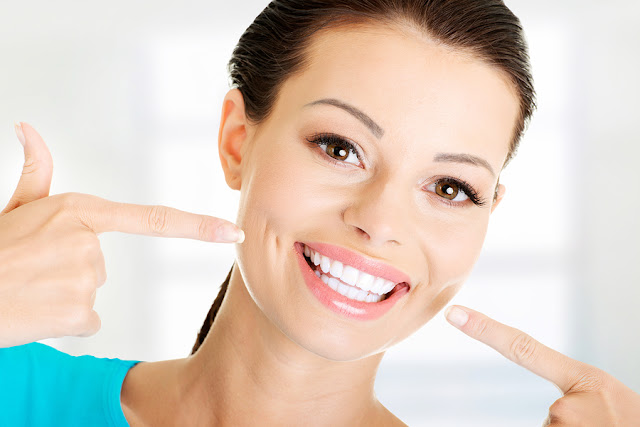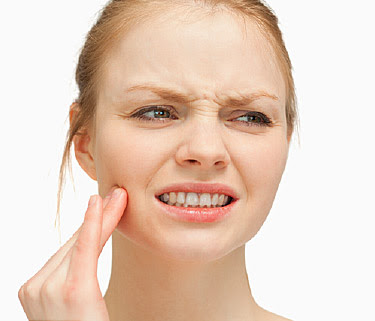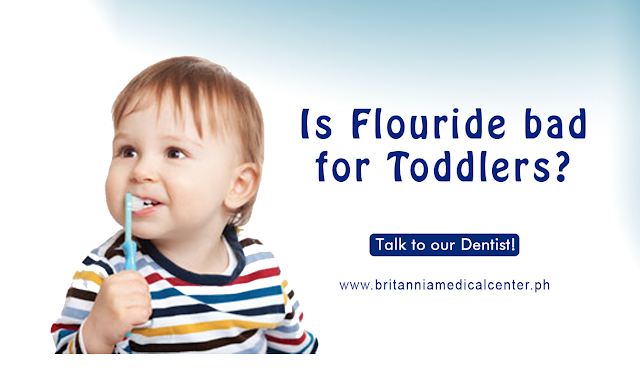What are tooth implants?
Tooth implants, also known as a dental implant, are small titanium rods that are placed into your jaw and within in 3-6 months, fuse with the jawbone. These small rods actually form “new” tooth roots. Dental crowns are placed onto the tooth implants to form “new” teeth.
Benefits of Tooth Implants
A dental implant is remarkably sturdy and durable. A dental implant will probably last your whole life.
Tooth implants look like natural teeth. You can smile and laugh and be confident having your photo taken. Only you (and your excellent Cary Family Dental doctor!) will know you have a dental implant.
Tooth implants feel like natural teeth. We size and shape them to match your smile.
A dental implant functions just like a natural tooth. You can eat whatever foods you like without fear or worry.
Implant Supported Dentures
Tooth implants can replace missing teeth or can be used as part of an implant supported dentures system. Implant supported dentures are very sturdy. Instead of using adhesives to adhere the dentures to your gums, the permanent implant supported dentures are attached to tooth implants and stay permanently in your mouth. You can also have removable implant supported dentures that are still far sturdier than traditional dentures. This type of implant supported dentures click in and out like a retainer.
Call today and Make an appointment by calling 0925-567-5329 • 0908-865-5662 • 0917-566-1932 • 458-0717 and schedule a consultation today.
Visit us at BRITANNIA MEDICAL CENTER - The Enclave
Enclave Complex, Fil-Am Friendship Road, Angeles City.
britanniamed@gmail.com || www.britanniamedicalcenter.ph || britanniamedicalcenter.blogspot.com




